Why Pay for Online Courses?

Should you pay for online courses?

It’s pretty hard to argue versus free if money is your only consideration. So, I won’t.
However, if you care about the value of your time or about following through and learning the content, the best things in life generally aren’t free.
As the saying goes, if it seems too good to be true, it probably is? Okay, enough maxims.
What is “Free?”
If you want to learn a new thing, you could do this through YouTube. We make YouTube content, and our team turns to free content often. This involves stringing together knowledge from video-to-video till you feel you have picked up enough on the topic. But have you?
A big downside to free education is that you are expected to be the educator - to know when enough is enough and also to grade yourself on mastery of knowledge.
No matter how you spin it, YouTube, in particular, is a way for content creators to be paid for advertising related to their content.
Watching ads you lose time or worse – content can be tainted by third-party sponsorship.
You can watch for “free” but you will most likely be subject to advertisements before and during the video. In the case of a larger creator, they could also be paid to do sponsored content or ads during the content that may or may not be disclosed as such. Watching ads you suffer lost time or worse, content that is tainted by a third-parties sponsorship.
This isn’t the worst thing, and as we all know, it keeps things “free.”
Topic Hopping or holistic Curriculum?
YouTube is wonderful for finding a quick solution to a problem. An example: If I were trying to cold blue steel, I'd need to learn the steps of the process. I don’t want to take an entire course on this kind of thing. Typically, YouTube can provide a 3-5 minute video that would give me just enough info.
However, if I wanted to become a metal finishing expert or at least knowledgeable, I would need to find out much more about the aspects surrounding metal fabrication and finishing. At this point, I don’t know enough to know what I’m missing.
If you don’t know what to learn, how do you learn?
I’d be relying on the content creator or instructor to guide me on to what’s next. Often a holistic approach is not the aim of a topical YouTube video - so you’re on your own.
In a paid course scenario, your instructor will likely have thought out the best way for you to learn the topic. A paid course should have a thoughtful ordering and content that builds on earlier learned concepts.
Is the Instructor Trustworthy?
Every time you come across someone new, you are instantly deciding whether you approve or trust them. The internet is expansive, and there are lots of people with less than moral ethics. It is not simple to judge someone from the internet through their published content.
The downside of most online education is that it is hard to know who to trust. On YouTube, a video becomes popular based on its special-blend of computer algorithm spices. That is some combination of Watch Time, Click-through-Rate (CTR), and engagement.
Educational content may have bad YouTube metrics that won’t be propped up by the algorithm.
Thus, you’re more likely to watch a popular version of your search than a less popular one. Educational content it may have bad YouTube metrics that won’t be propped up by the algorithm.

Popularity or virality isn’t exactly the best basis for whether a content maker is trustworthy. Should you trust your education to what amounts to, “What makes the most money in advertising dollars” content?
When looking for learning material you want to know the credibility of your instructor. Look for a course that has student testimonials. Ideally, those are real people that have taken the course. Even if a course has highly curated student reviews, those are often actual people who have taken the course.
A good instructor is typically very involved with the topic they are teaching. Look for other ways to validate their credibility:
-
Do they have a YouTube channel?
-
Can you take a free course?
-
Will they answer your questions or have a discussion forum?
Also, consider that an instructor of a paid course is incentivized to make the stellar content. Otherwise, they would be constantly dealing with angry customers. If it were free learning content, how much can the viewer complain? Downvotes on YouTube videos aren’t negative in regards to their popularity algorithm!
Return on Investment
Have you considered what your “free time” is worth? What if you could get started on a proven course right away rather than searching for the next video in your self-selected course curriculum? You’d undoubtedly save considerable time.
Another way to compare, if you took a course on the chosen topic at a technical school, what would that cost in money and time? Often you need to have taken pre-requisites or a specific topic you want to study is only offered as part of a larger program.
In the case of our Learn the Basics of CNC & CAM course, you can start immediately and move at your own pace. We teach you the basic concepts of CNC machining and CAM. At the end of the course, we put all that knowledge to use as we walk you through how to use Fusion 360 CAM and Vectric VCarve Pro to set up a couple of example projects.
We don’t expect you to know anything about CNC’s or CAM - no experience necessary!
Follow-Through
Paying for things makes for a stronger desire to follow-through. You’ve invested something, quite literally, and that buy-in will help you set out and accomplish it.

This is a long-held belief called akrasia, or “the state of mind in which someone acts against their better judgment through weakness of will.” For example, you set out to learn about CAM (Computer Aided Machining).
Let’s say you opted for the “free version,” and found a video on YouTube called “Intro to Fusion 360 for CAM.” After watching that video you feel more confident. But, as soon as you start playing around with Fusion’s Manufacturing space (CAM), you realize that there’s so much more to “Setting up CAM” than simply knowing where the operations are located.
If you come to this without any knowledge, you’re not going to know what tooling to use, how to properly work-hold your stock, or which operations to do in what order, just to name a few hurdles.
The investment you make in a paid course may be the most important aspect of your success
The principle of akrasia says that you’ll set out to learn CAM but after that video, you may be overwhelmed with all that you don’t know. At this point since you didn’t “invest much,” you may easily walk away or get sidetracked without ever learning what you originally intended to.
You didn’t set out to become overwhelmed or discouraged but without a learning guide, you’ll fall into a human problem as old as Socrates.
The investment you make in a paid course may be the most important aspect of your success to learn the topic.
Summary
Should you pay for online courses? That’s totally up to you. You can probably find a version of a paid course lesson for free. It’s a matter of the cost that you’re willing to pay – in other ways.

That cost is will likely be paid in your time researching to make your own “curriculum.” You'll need to validate the credibility of the content maker.
If you are looking for more holistic education, paying for a professionally-planned course will undoubtedly be the better choice. If it's something you're serious about, the cost of the course, in the end, will be negligible.
Lastly, paying for something is a proven way to make you stick to it. You’ve committed to yourself with your hard-earned money that you’re going to learn this or bust.
How about the best of both worlds?
We offer free enrollment trials for our online courses. You can see exactly what the course will be like before paying for it.
We also offer a satisfaction guarantee – there’s no downside!

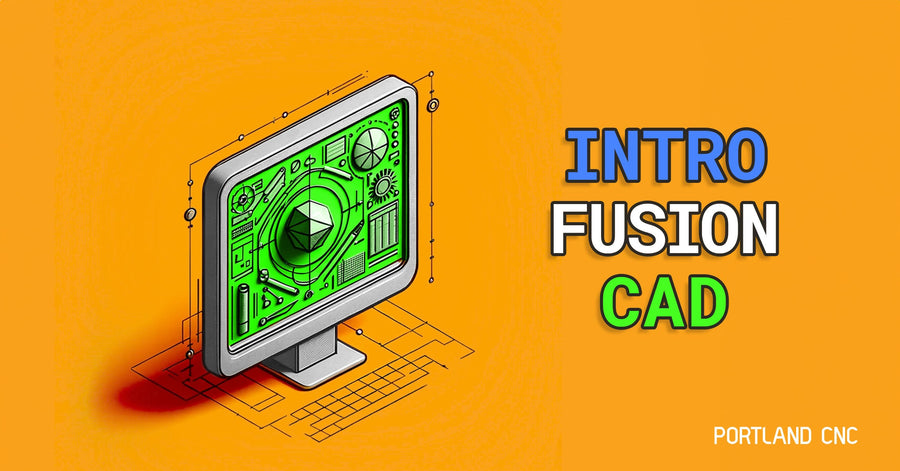











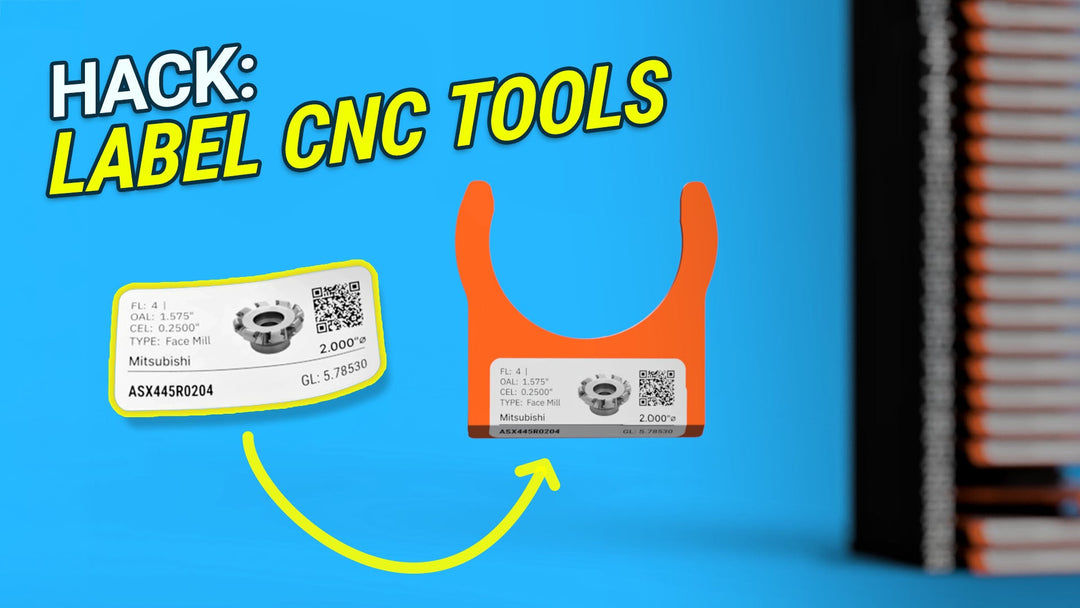
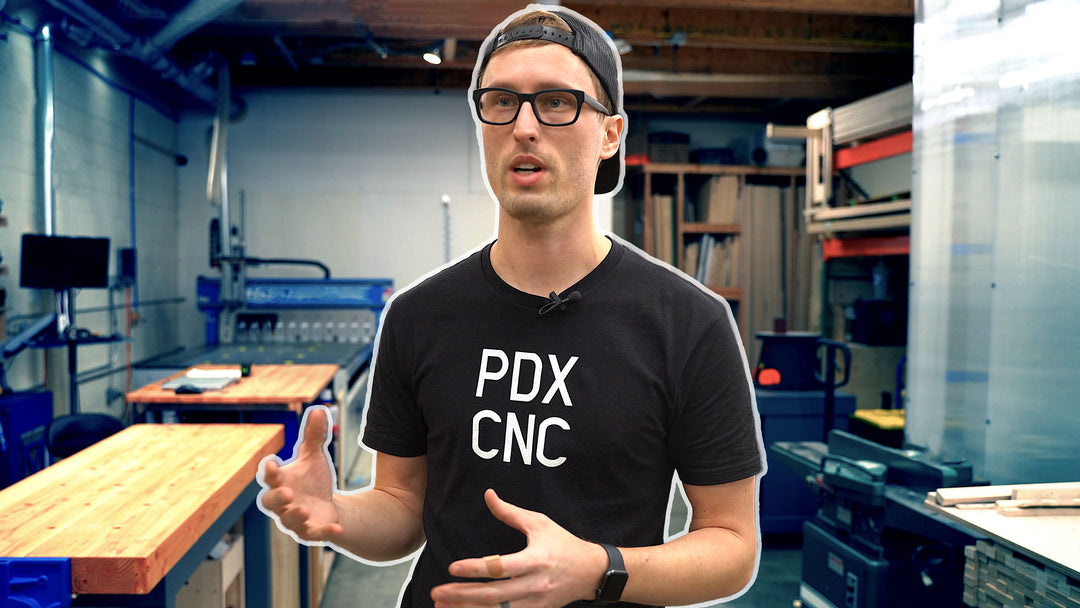







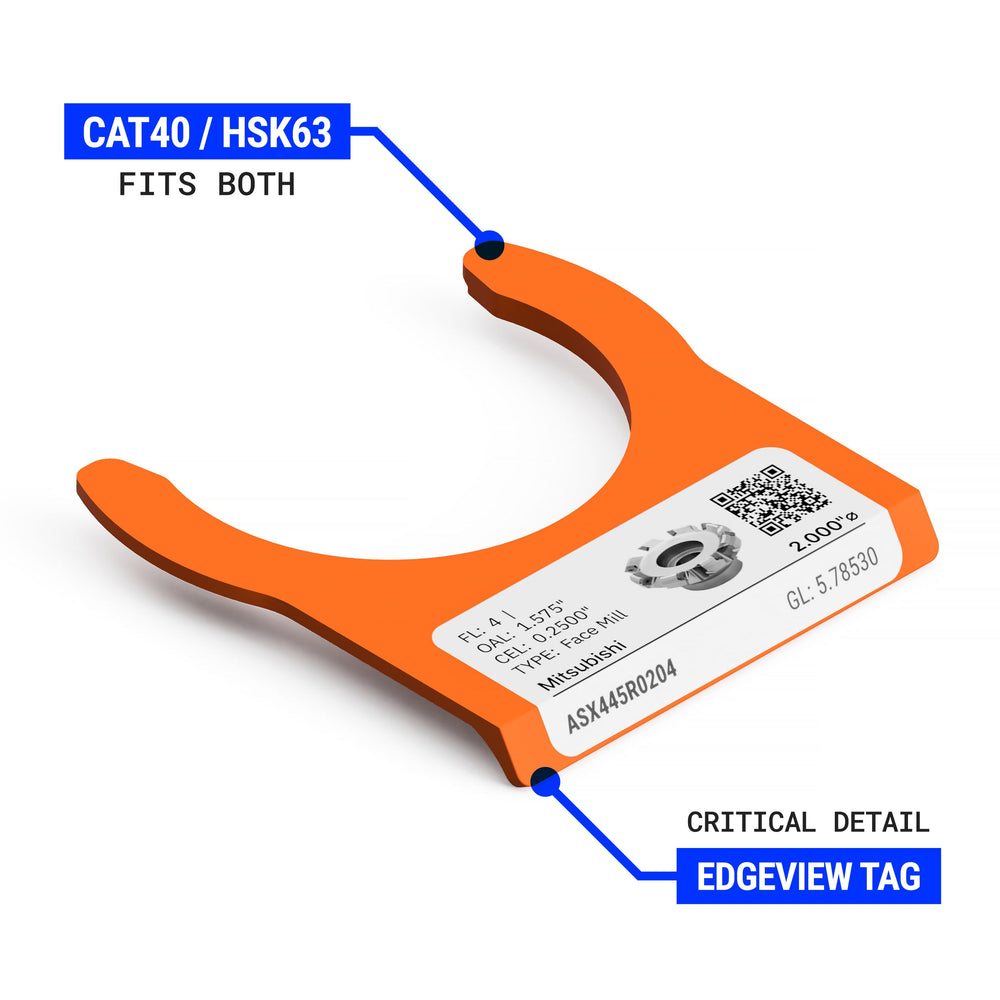







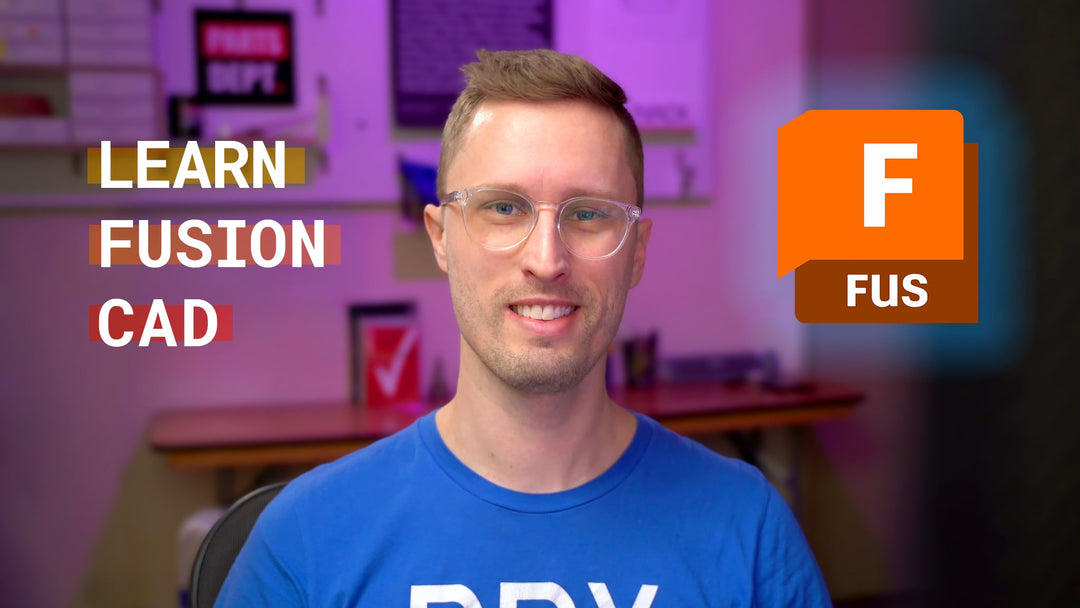
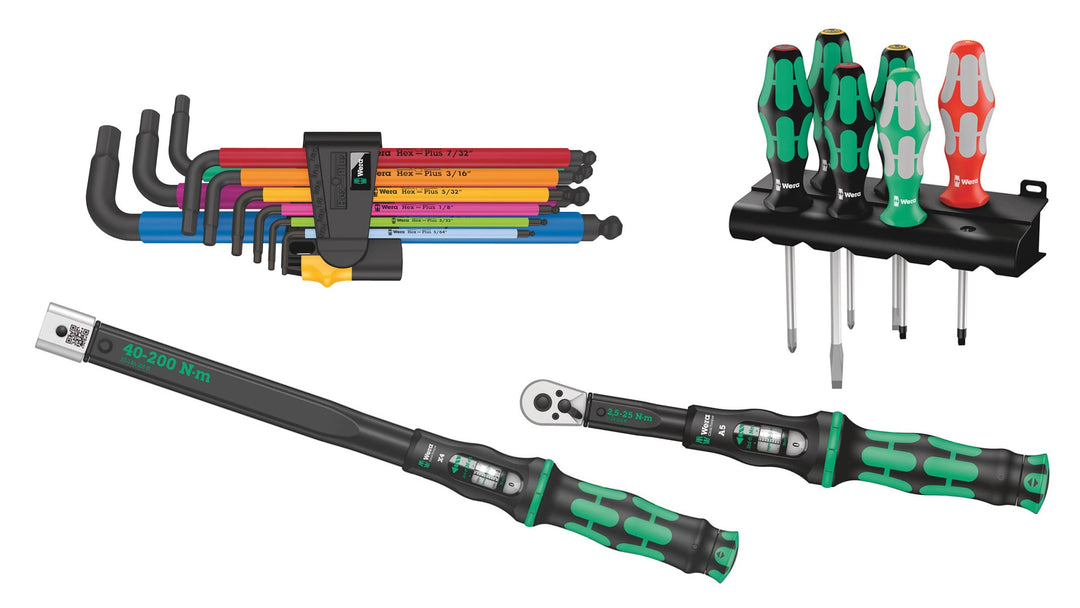
Leave a comment